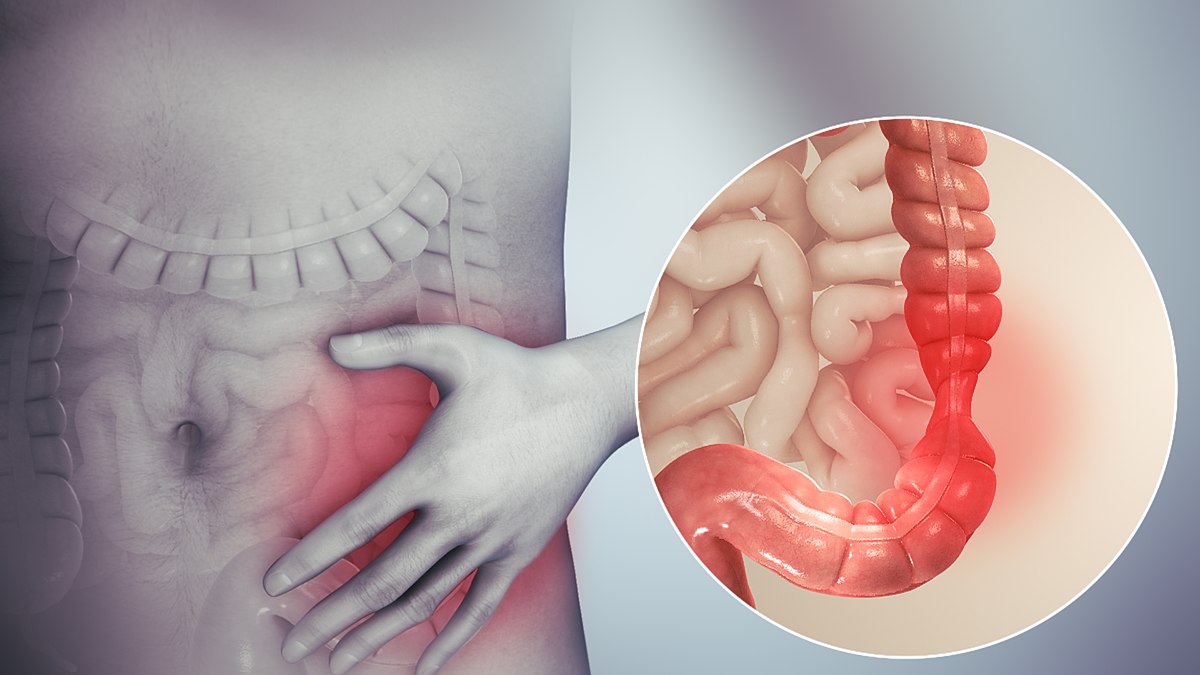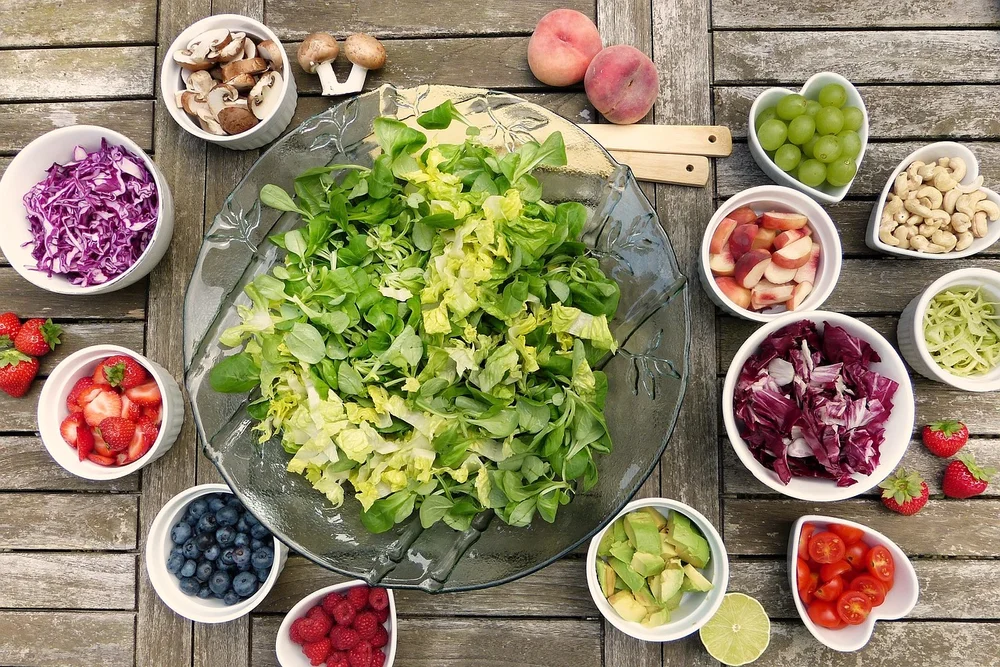Table of Contents
How much is Too much fibre?
Though fibre intake is extremely important for maintaining a healthy gut, regular bowel movement but more than necessary fibre intake can cause adverse effects like constipation, bloating. Normal daily recommended intake is 20 to 35 gm. According to https://www.health.harvard.edu/blog/should-i-be-eating-more-fiber-2019022115927
Adult men up to the age of 50 need 38 gm of fibre from food daily and after the age of 50, they need 30 gm daily.
And, adult women before the age of 50 requires approximately 25 gm and after 50 the requirement comes down to 21gm per. day.
Though most people fall short on their daily fibre intake you may be eating too much fibre. And, if you had been taking less fibre don’t increase your fibre intake too much too quickly. Rather than going overboard, change your eating habit and clean them up slowly.
Types of Fibre
According to the facts on Fibre by experiencelife, there are three types of fibre: insoluble, soluble and prebiotic fibre. Depending on your metabolic health here is how much of each fibre you should eat.
1.Insoluble: If you are constipated most of the time you definitely need to add insoluble fibre as they add bulk to stool and help in bowel movement because they are not absorbed in the body.
2. Soluble fibre: If you are suffering from IBS, stomach ache on daily basis you may lack soluble fibre in your diet. This type of fibre is extremely important for everybody as these fibres work as a net to constrain reabsorption of bile and metabolic byproducts, hormones to stop the buildup of toxins.
3. Prebiotic biotic: Even if you are eating too much fibre in form of soluble and insoluble fibre and still having irritation in the GI tract you need to improve the microbiome construction of your intestine. Eating prebiotic fibre from sources like bananas, onion, garlic will help you to improve gut health.
Can too much fibre cause constipation?
According to medical news daily, more than 70 grams of fibre a day can cause either diarrhoea or constipation accompanied by gas and bloating. If you are constipated eating fibre right away won’t solve the problem. Instead of eating whole vegetables or whole wheat, you can try any of the following to stimulate bowel movement:
- Prune Juice
- Fig
- Apple or Kiwi
- Fenugreek tea
- flax seeds
While constipating eating green veggies may seem the obvious choice but it is not the best one. If you get constipated very often including green veggies like rhubarb, spinach, artichoke in your daily diet when you are not constipating will help you curb the problem. And, if you already eat clean and greens you may want to consider eating more carbs, lessen down on the greens and eat a balanced and culturally acclimated meal rather than fad diets to avoid eating too much fibre.
When to cut down on too Much Fibre?
It is difficult to know if you are consuming too much fibre if you don’t follow any particular diet. The first thing, in this case, you should do is track and map. Follow through these steps to identify the problem of too much fibre or other reasons for your gut issues.
- Make a chart of breakfast, lunch, dinner and snacks.
- For 7-14 days note down when you are eating your meals and what you are eating.
- Make another column to describe the problems you felt in your abdomen and overall health each day.
- Note down your mental map like irritation, anxiety, unhappiness to connect the dots.
- Review all the food items and try to find what is triggering the abdominal issues and bad mood.
- If you find greens, high-fibre veggies in each of your meals you are surely having too much fibre.
Try lessening your fibre intake by cutting down 2 to 3 grams per day or eliminating them from one meal. You can also replace them with protein sources like chicken, eggs, fish to balance the intake of too much fibre. When you find the right quantity for your body
Is too much fibre good or bad for IBS?
Irritable Bowel Syndrome is an intestinal disorder that can be caused by either genetics, lifestyle, diet or stress. Though the exact reason is unknown to date, the diagnosis is done by the symptoms and stool test. If you often suffer from wrenching abdominal pain, bloating, diarrhoea or constipation, they can be the indication of IBS or other health problems as well. Often lifestyle modification and avoiding triggering food works for some and some may have to take medication to manage.

Now, often people who suffer from IBS diarrhoea may want to avoid consuming too much fibre. Or, if you are having less fibre increasing it very quickly can elevate your symptoms. Too much fibre is bad for those who suffer diarrhoea because of IBS. To prevent IBS related diarrhoea generally gets triggered by mostly insoluble fibres :
- Fibrous fruits and vegetables consumed with skin
- Processed fast foods
- Caffeine
- Lactose
- Gluten for gluten-sensitive people
Other than these kinds of food groups also eating too much at a time and some particular food can be the cause or trigger for individuals. Fatty foods and too much fibre should be avoided to control if you have IBS. Also, IBS is different for everybody and you may not have a problem with your fibre intake but with specific foods especially packaged and processed food. And, lastly controlling stress and depression can also play an integral part in IBS treatment.
These are the acts of too much fibre and their side effects. To live a healthier and happier life detect your problems, know the treatment and cure it.
Also, read our article on gluten sensitivity



